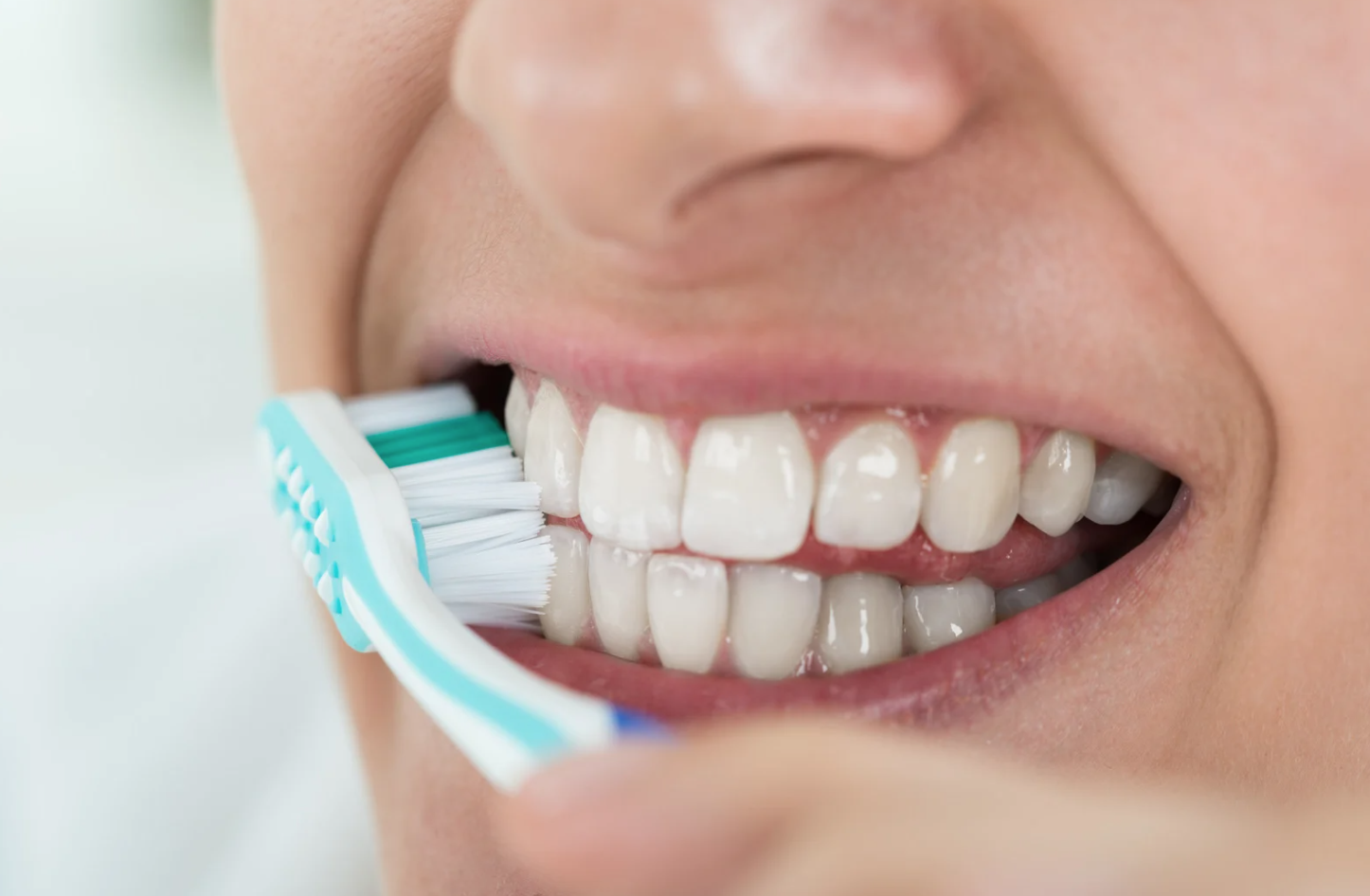Maintaining good oral hygiene isn’t just about having a bright smile—it could also be a crucial step in protecting your heart health. Research has increasingly shown a strong correlation between gum disease (periodontitis) and heart disease, highlighting the importance of proper dental care in safeguarding overall cardiovascular wellness. Here’s why cleaning your teeth matters for your heart and steps you can take to live a healthier life:
Understanding the Oral-Systemic Connection:
The oral-systemic connection refers to the relationship between oral health and overall health. Gum disease, characterized by inflammation and infection of the gums, can lead to the release of bacteria and toxins into the bloodstream. These harmful substances can then travel to other parts of the body, including the heart, where they may contribute to the development or exacerbation of cardiovascular conditions such as heart disease, stroke, and atherosclerosis.
The Role of Inflammation:
Inflammation plays a central role in both gum disease and heart disease. Chronic inflammation in the gums can trigger systemic inflammation throughout the body, leading to damage to blood vessels and an increased risk of cardiovascular problems. By reducing inflammation in the gums through proper oral hygiene practices, individuals can potentially lower their risk of developing heart disease and other related conditions.
Steps to Maintain Heart Health Through Oral Care:
- Brush and Floss Regularly: The foundation of good oral hygiene begins with brushing your teeth at least twice a day and flossing daily. Proper brushing and flossing help remove plaque and bacteria from the teeth and gums, reducing the risk of gum disease and its potential impact on heart health.
- Visit Your Dentist Regularly: Schedule regular dental check-ups and cleanings with your dentist to monitor your oral health and address any issues promptly. Professional cleanings help remove plaque and tartar buildup that cannot be removed through brushing and flossing alone, reducing the risk of gum disease and its associated complications.
- Eat a Heart-Healthy Diet: A balanced diet rich in fruits, vegetables, whole grains, lean proteins, and healthy fats can benefit both your oral health and heart health. Limiting sugary and processed foods can help reduce inflammation in the body and lower the risk of gum disease and heart disease.
- Quit Smoking: Smoking is a significant risk factor for both gum disease and heart disease. Quitting smoking can improve your oral health, reduce inflammation in the gums, and lower your risk of developing cardiovascular problems.
- Manage Stress: Chronic stress can contribute to inflammation in the body, including the gums. Practice stress management techniques such as deep breathing, meditation, yoga, or regular exercise to reduce stress levels and support overall health.
- Maintain a Healthy Weight: Obesity and being overweight are associated with an increased risk of gum disease and heart disease. By maintaining a healthy weight through a balanced diet and regular exercise, you can support your oral health and reduce your risk of cardiovascular problems.
Conclusion:
Taking care of your teeth isn’t just about having a beautiful smile—it’s also about protecting your heart. By practicing good oral hygiene habits, eating a heart-healthy diet, quitting smoking, managing stress, and maintaining a healthy weight, you can reduce your risk of gum disease and its potential impact on cardiovascular health. Remember, a healthy mouth is a key component of overall well-being, so prioritize your oral health to safeguard your heart for years to come.
Trust Dental Offices: https://www.toddcurleydds.org/


